Beirut: In the heart of Beirut, amid the shadows of looming threats and shifting political alliances, Dr. Ibrahim Al Mousawi, Member of the Lebanese Parliament and a senior political figure within Hezbollah, sits calm but resolute. Our exclusive interview with him unfolds not as a political Q&A, but as a window into a national crisis and a regional battle for dignity, sovereignty, and resistance. This is not just a conversation about Hezbollah. It is about Lebanon itself, its right to exist without being dictated to by foreign powers, its right to resist occupation, and its right to protect its borders physically, politically, and ideologically. “Dr. Mousawi also underscored that the fate of Lebanon is now a test case for how smaller nations assert independence in a world dominated by great powers.”
The Weaponization of Disarmament: A Veil for Submission:
Western voices, particularly in Washington, have renewed calls in recent months for the de-weaponization of Hezbollah. Wrapped in the familiar language of “democracy,” “stability,” and “rule of law,” these calls are, according to Dr. Mousawi, anything but innocent. “This is not disarmament. This is disempowerment,” he states firmly. “This is a direct, flagrant aggression against our sovereignty, disguised in diplomatic terminology.”
Indeed, when one examines the broader pattern from Libya to Syria, from Iraq to Palestine, the playbook is clear: weaken indigenous resistance forces, fracture national identities, and replace local agency with foreign control. Lebanon, in this matrix, is expected to bend, disarm, and submit. But Hezbollah refuses. And in doing so, it stands as the last active pillar of deterrence against Israeli incursions. He adds that the very notion of de-weaponization is selectively applied but no such pressure is exerted on Israel’s nuclear stockpile or illegal weapons shipments.
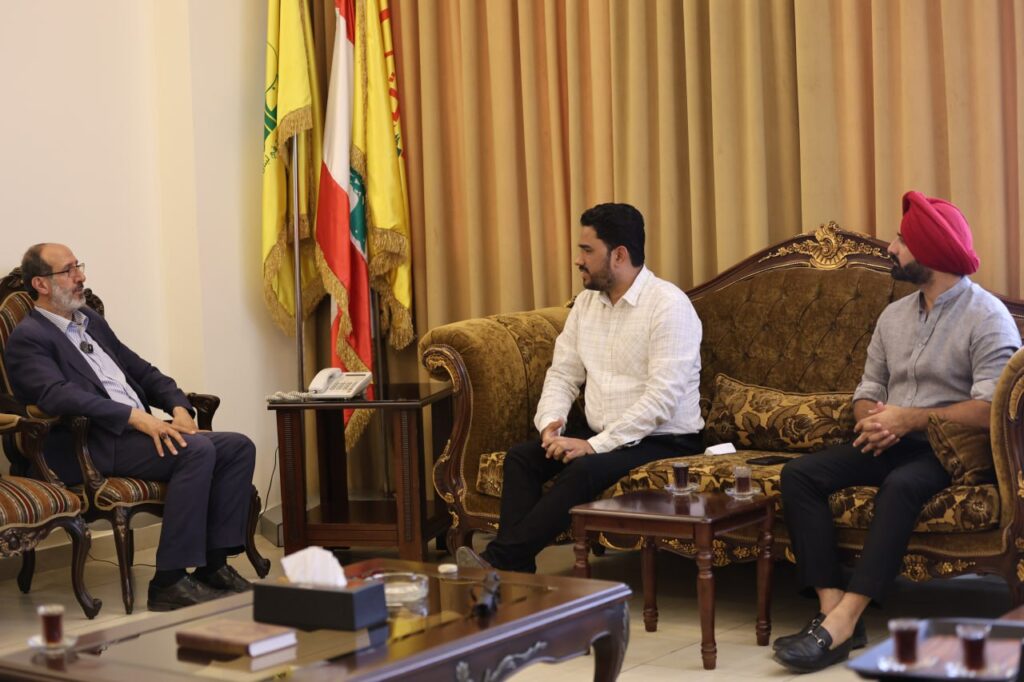
Ceasefire or Farce? The Empty Promises of the West:
Dr. Mousawi offers a meticulous recount of the events following the November 27 ceasefire agreement, a ceasefire Hezbollah agreed to under the aegis of the Lebanese state, in good faith. But what followed, he says, was betrayal. “Israel has violated that agreement over 3,700 times. More than 230 Lebanese civilians have been killed, hundreds wounded. Yet the same international powers who brokered the ceasefire remain silent.” It is a glaring hypocrisy. While Lebanon respects its commitments, Israel continues its aggression, airstrikes, drone intrusions, assassinations, and the so-called ‘international community’ looks away.
He further reveals that Hezbollah has submitted detailed violation logs to UNIFIL and the Lebanese Ministry of Foreign Affairs including drone footage, radar data, and field reports, but these have elicited no meaningful action. Worse, the same actors now press for a new agreement, having never enforced the first one. “Why talk of a second agreement when the first was never honored?” asks Mousawi. “This is not diplomacy. This is pressure politics backed by firepower.”
Hezbollah: A Resistance, Not a Rogue Actor:
Critics often frame Hezbollah as a ‘state within a state.’ But Dr. Mousawi rebukes this categorization with clarity. “We are a part of Lebanese society, part of its government, part of its institutions. We stepped up when the army could not. We resisted when the state was paralyzed.” Hezbollah’s weapons, in his view, are not a threat to Lebanon; they are a guarantee of its survival.
He further adds that many Lebanese civilians in border towns now rely on Hezbollah’s presence as their only form of protection, especially in areas where the official army is under-resourced or absent. In a region where Israeli violations go unpunished, where U.S sponsored chaos tears through Arab states, and where normalization efforts betray the Palestinian cause, resistance is not an option, it is a duty.
The demand to disarm Hezbollah, then, is not about peace. It is about neutralizing the last credible deterrent to Israeli domination. And that, as Dr. Mousawi puts it, is something no sovereign nation can accept.
The Wider Plot: Fragmenting the Arab World:
Peering beyond Lebanon, Dr. Mousawi connects the dots. The Israeli strikes in Syria, the betrayal of Palestine through the Abraham Accords, and the targeting of Iran all form part of a calculated geopolitical agenda: the dismantling of Arab unity and the annihilation of resistance.
“In Syria, even after President Assad made overtures toward normalization, the Israelis bombed them. They don’t want peace. They want control,” he argues. He also mentions that leaked intelligence reports and military communications show a strategic effort to inflame sectarian divisions as a pretext for long-term Western military presence.
He warns that the same fate awaits any nation that believes submission will bring security. “They want to divide Syria into sectarian states, Iraq into powerless provinces, and erase Palestine entirely.” This isn’t conjecture, it’s a strategy. And for Lebanon, allowing Hezbollah to be dismantled would be the opening act in its own fragmentation.
On Syria and Regional Solidarity:
Hezbollah’s support for the Syrian people is not just ideological; it’s strategic and existential. “A strong Syria is a strong Lebanon,” Dr. Mousawi explains. “If Syria is broken, Lebanon falls next. If Israel grows stronger, every Arab nation grows weaker including Pakistan, including every voice of independence.” He notes that Hezbollah has also helped coordinate cross-border humanitarian aid to Syrian refugees and supports infrastructural rebuilding in liberated Syrian towns. From Tehran to Damascus, from Sanaa to Beirut, resistance movements are seen by Western powers as obstacles. But in the eyes of their supporters, they are the final frontlines of sovereignty. Dr. Mousawi believes that Arab states have a moral and historic responsibility to protect Syria, not to isolate it. “We envision Syria as a unified and sovereign nation, strong, stable, and resilient,” Dr. Mousawi affirms. “We fully support the right of the Syrian people to determine their own future. Through democratic means, they must be free to choose their leadership without external interference. Our commitment is to the will of the Syrian people, whatever path they democratically decide to take.”
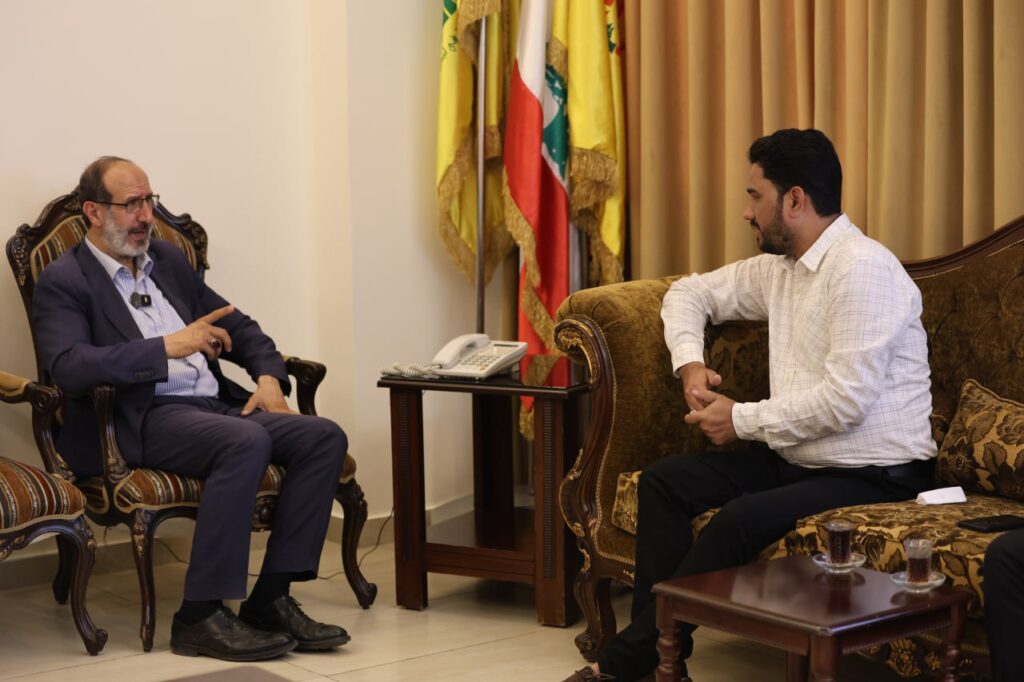
The Abraham Accords: A Mask for Betrayal:
When asked about the Abraham Accords under which the UAE, Bahrain, and others normalized ties with Israel. Dr Mousawi’s tone grows grim. “They call it peace. But it’s peace built on the graves of Palestinians. It’s a betrayal of Jerusalem, of justice, of the entire Muslim Ummah.” He warns that these agreements set a dangerous precedent, where occupation is rewarded and resistance criminalized, and where the Palestinian cause is rebranded as a ‘regional disturbance.’
According to him, the accords are part of Israel’s long-standing plan to erase Palestinian identity, to force Gazans into exile, and to expand territorial control “from the Nile to the Euphrates.” What the Arab regimes call diplomacy, resistance movements see as capitulation. “They are even discussing the forced relocation of Palestinians to Indonesia, Ethiopia and this is ethnic cleansing in slow motion,” he warns.
Hezbollah’s Social Mission and the Economic Crisis:
For all the emphasis on resistance, Dr. Mousawi reminds us that Hezbollah is more than a military force. It is a political party, a social movement, and a service provider often stepping in where the state has failed. “We have hospitals, schools, charities, media networks, even a football team. We never intended to replace the state, but we refused to abandon our people.” He points out that during the COVID-19 crisis, Hezbollah operated one of the largest civilian response networks in Lebanon, providing oxygen, food, and home care services in underserved areas.
He places Lebanon’s economic meltdown not on Hezbollah’s shoulders, but on decades of corruption, Western sanctions, and a sectarian political system that resists reform. “Iran offered power plants. The U.S. stopped it. The West sends aid with one hand and blocks our solutions with the other,” he says. “Electricity, food and medicine, they have weaponized all of it.”
A Final Word: Sovereignty Is Non-Negotiable:
As the interview draws to a close, Dr. Mousawi is clear-eyed about the future. “Yes, war is possible. Yes, the enemy is brutal. But surrender is not an option.” Lebanon, he insists, must retain its right to resist, to arm itself, and to stand against foreign pressure.
Hezbollah is not the problem, it is the response to a much older, deeper injustice. He closes by reiterating that Hezbollah’s arms are tied to the resistance’s mission, not to political gain or sectarian hegemony and they will only be relinquished when lasting justice and sovereignty are achieved. This is not just about Hezbollah.
It is about whether small nations like Lebanon are allowed to defend themselves. Whether indigenous movements can say no to empire. Whether dignity can survive drone strikes, blockades, and betrayal. For Hezbollah, and for many in Lebanon, resistance is not about ideology. It is about survival.
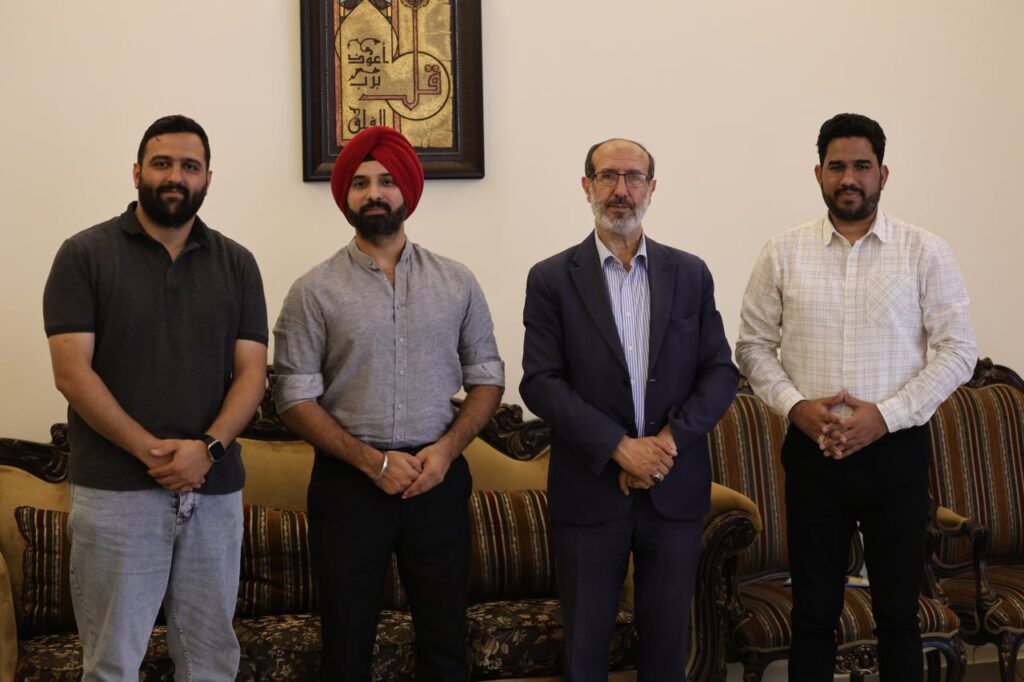

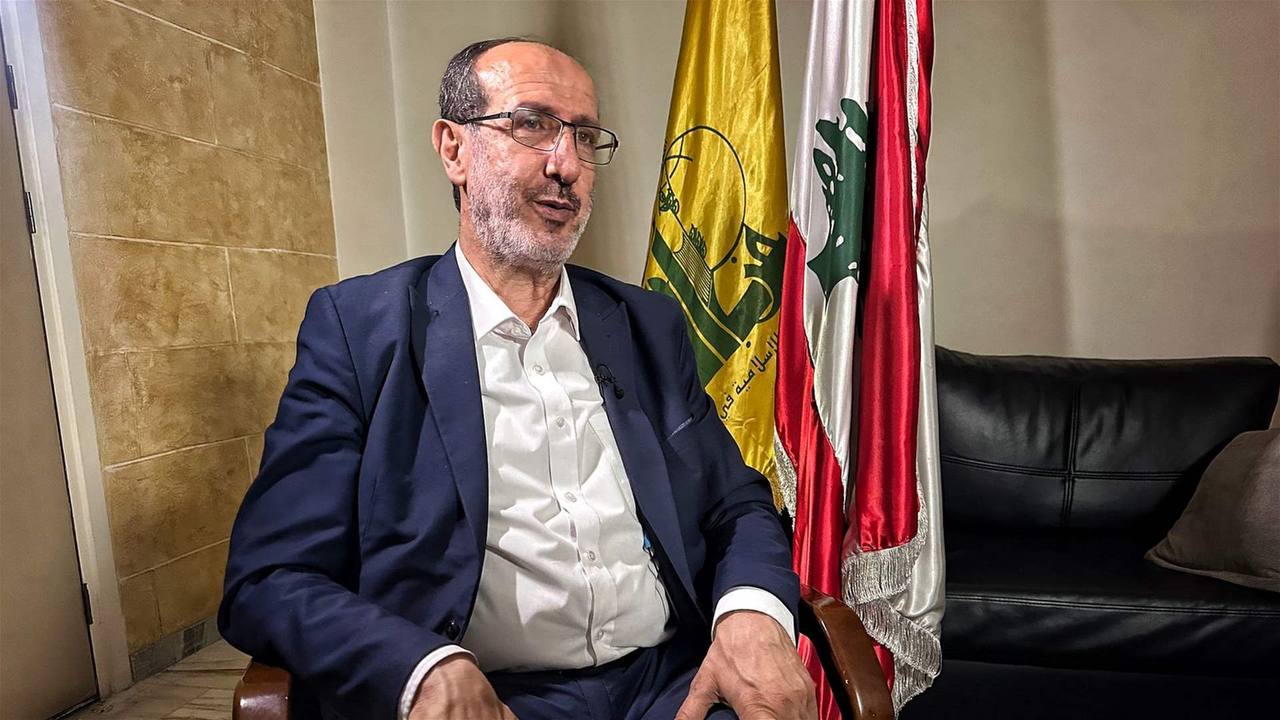
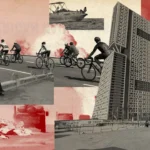
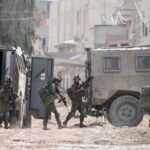
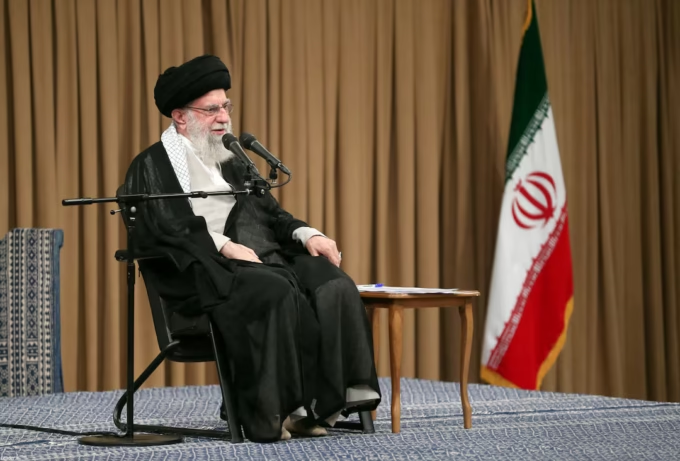
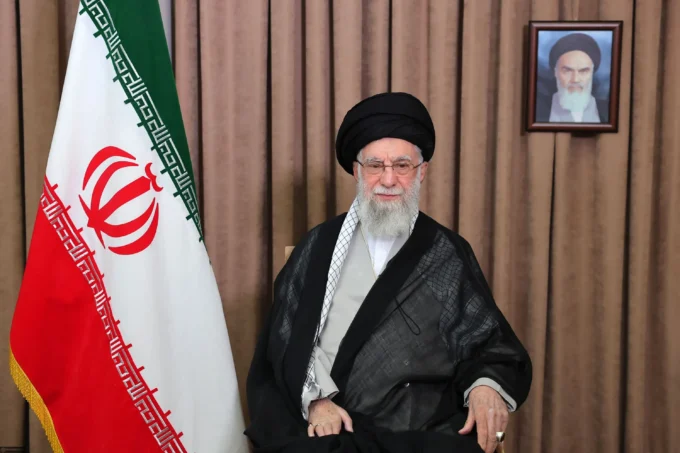
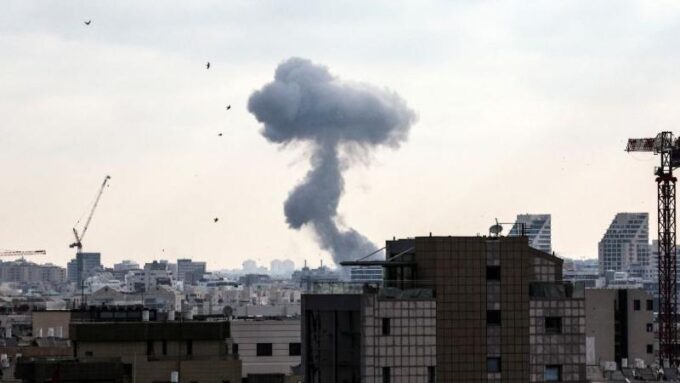
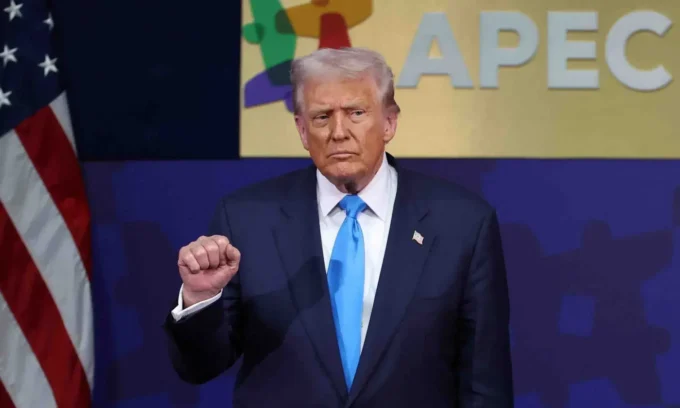


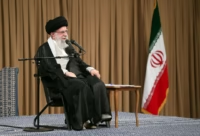
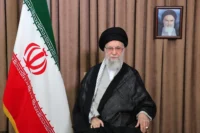
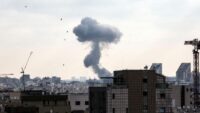
Leave a comment